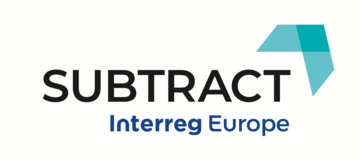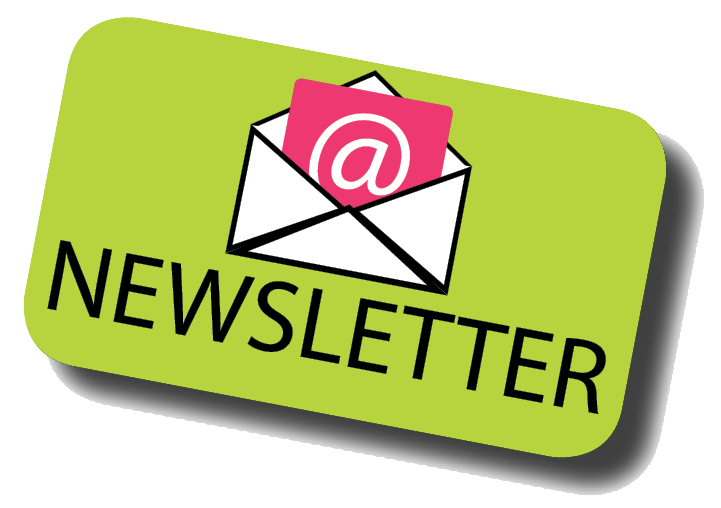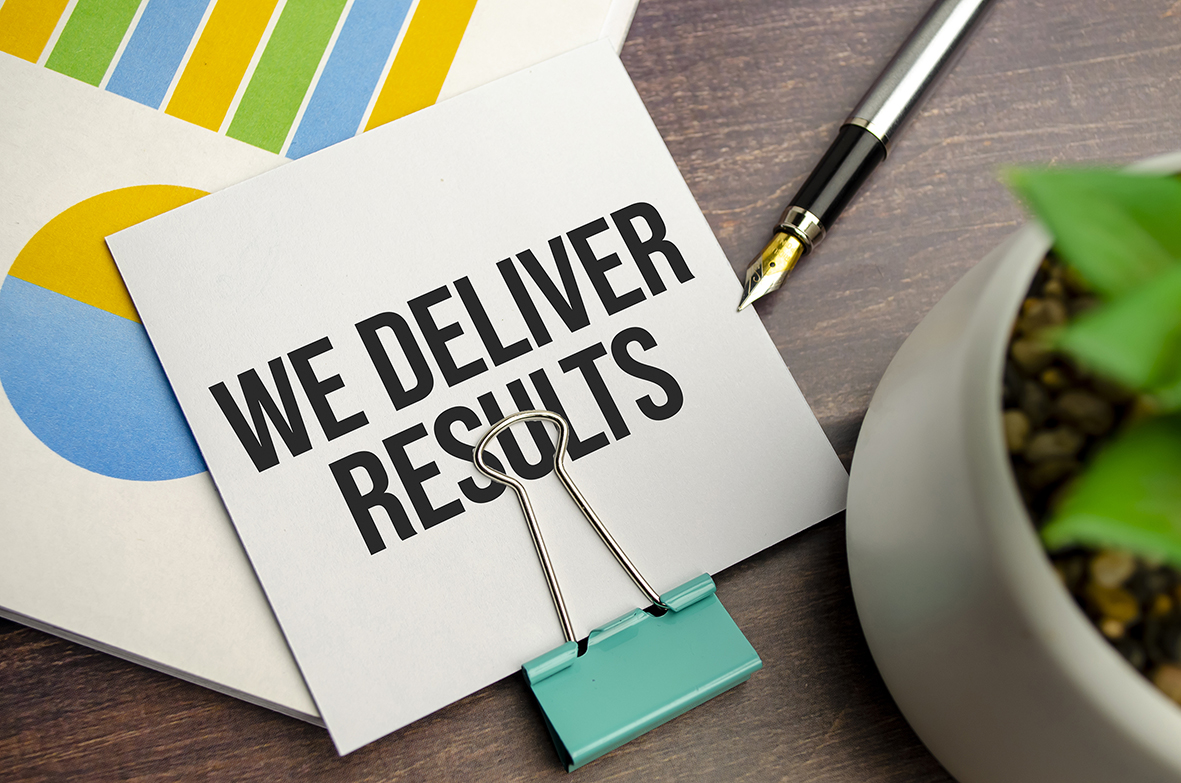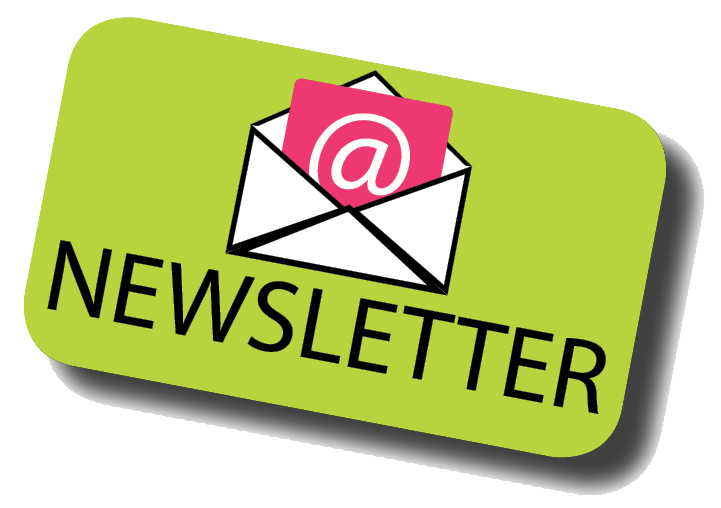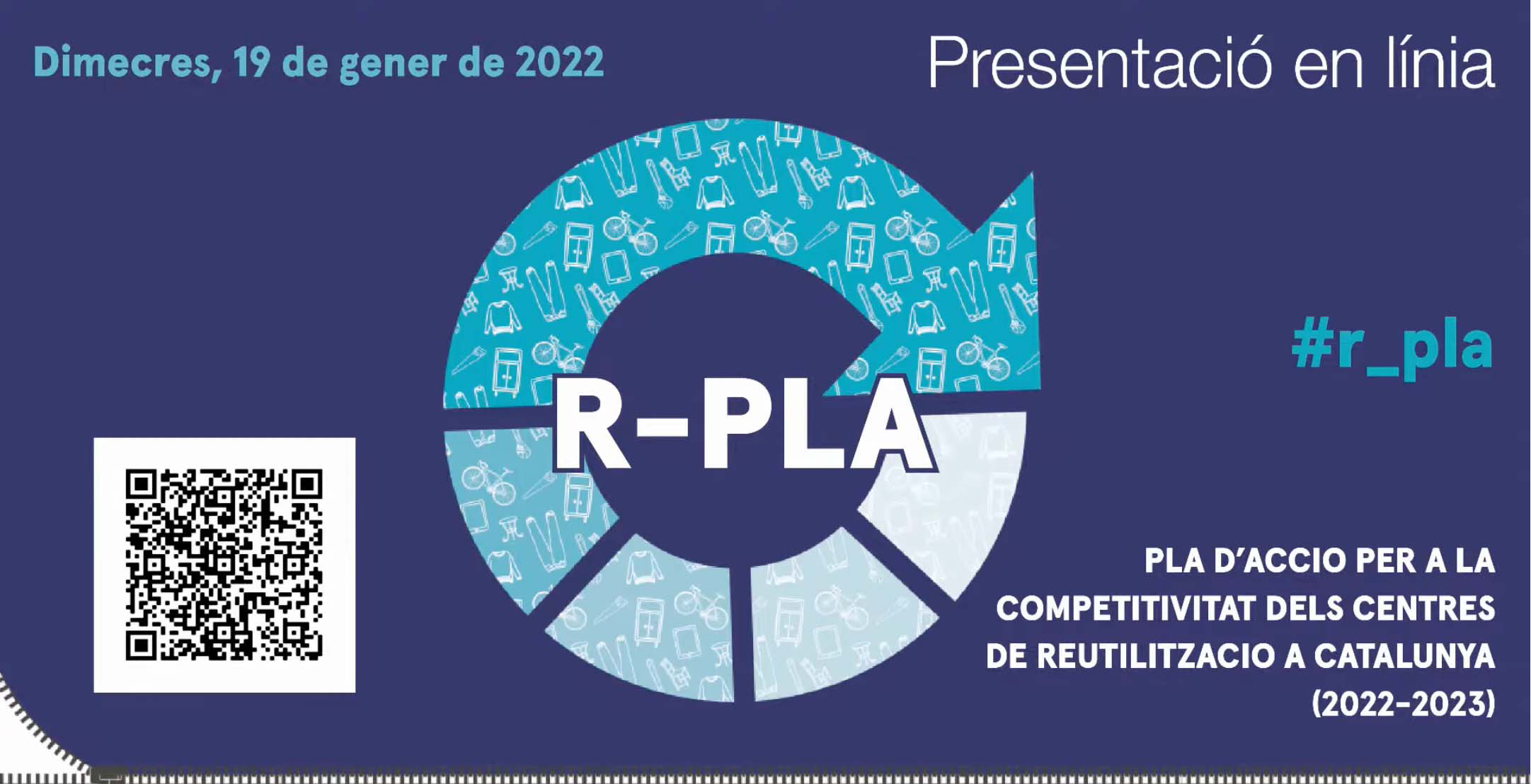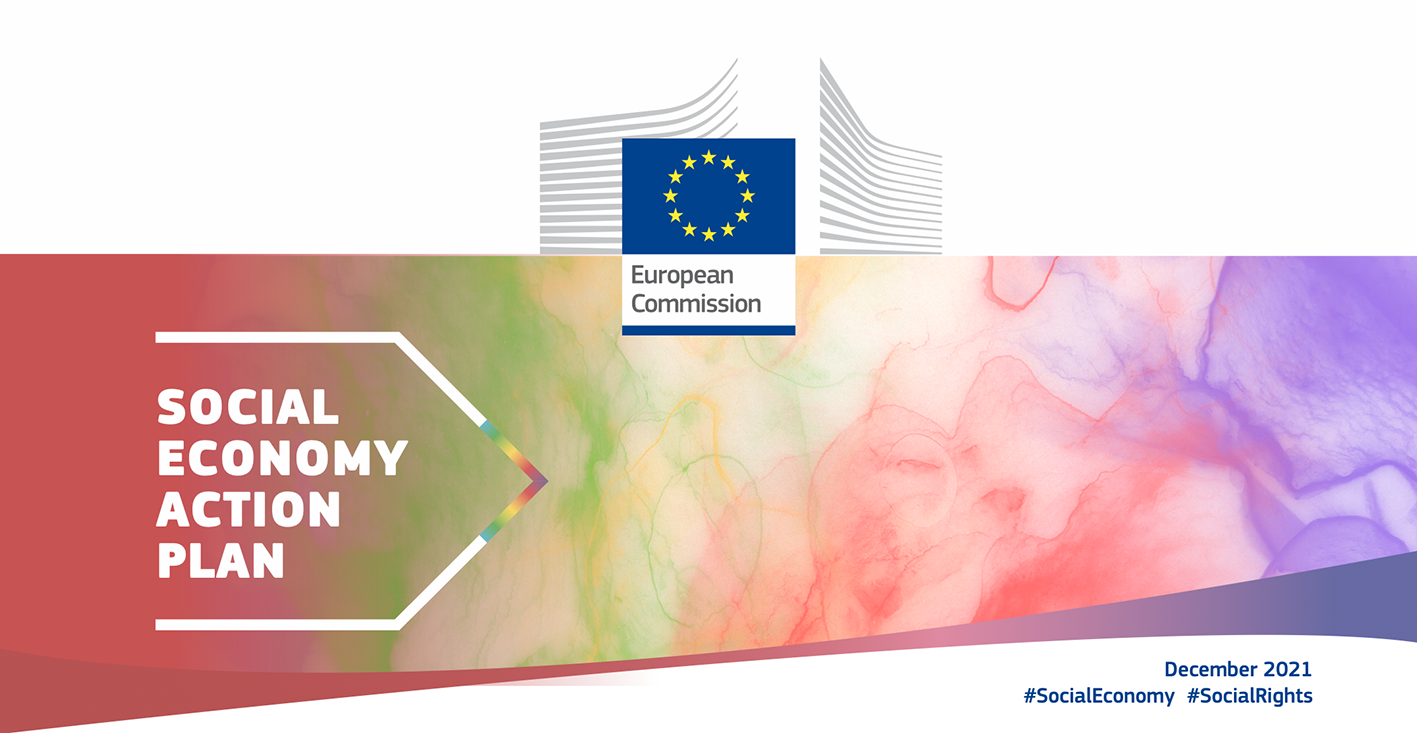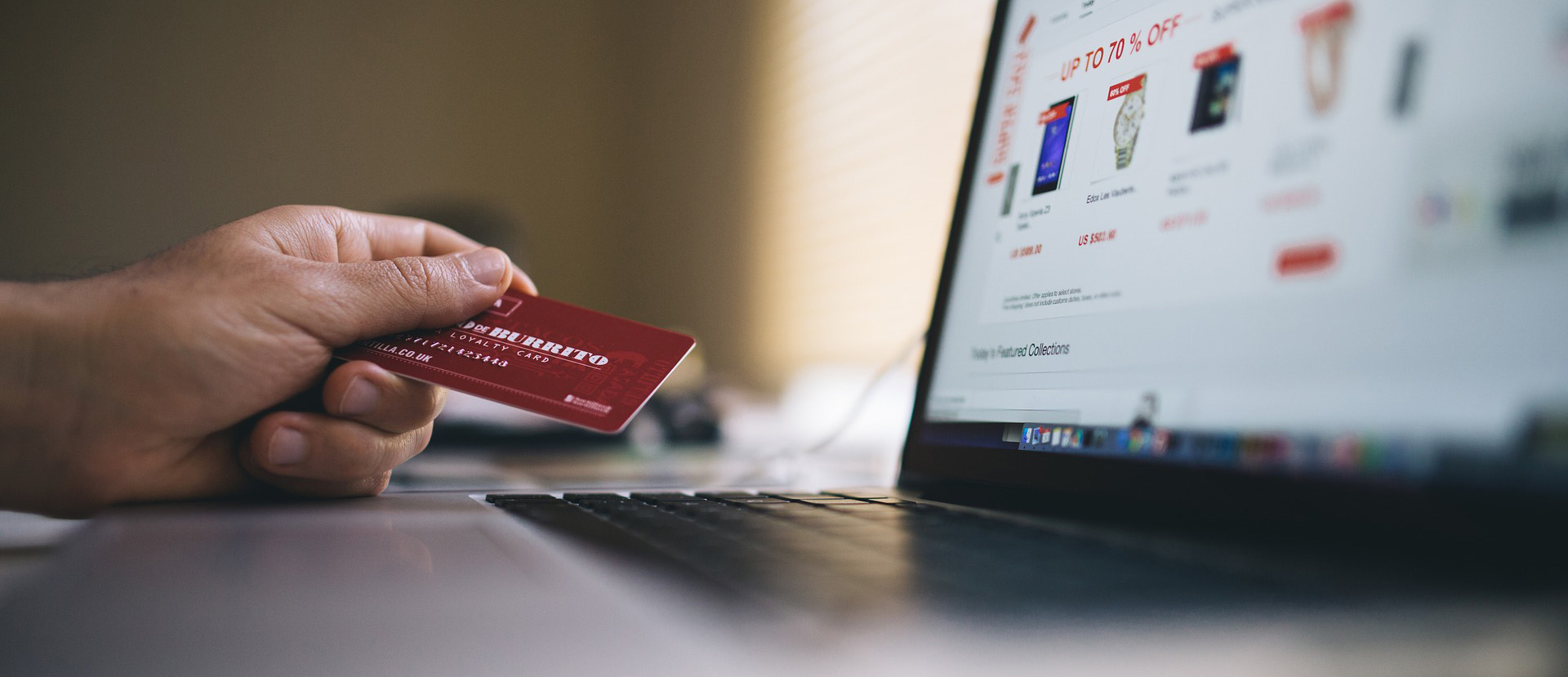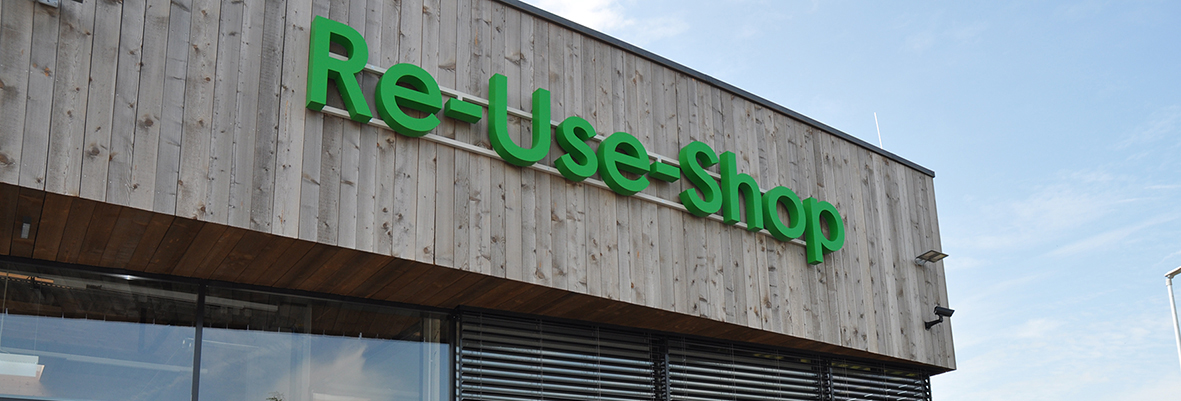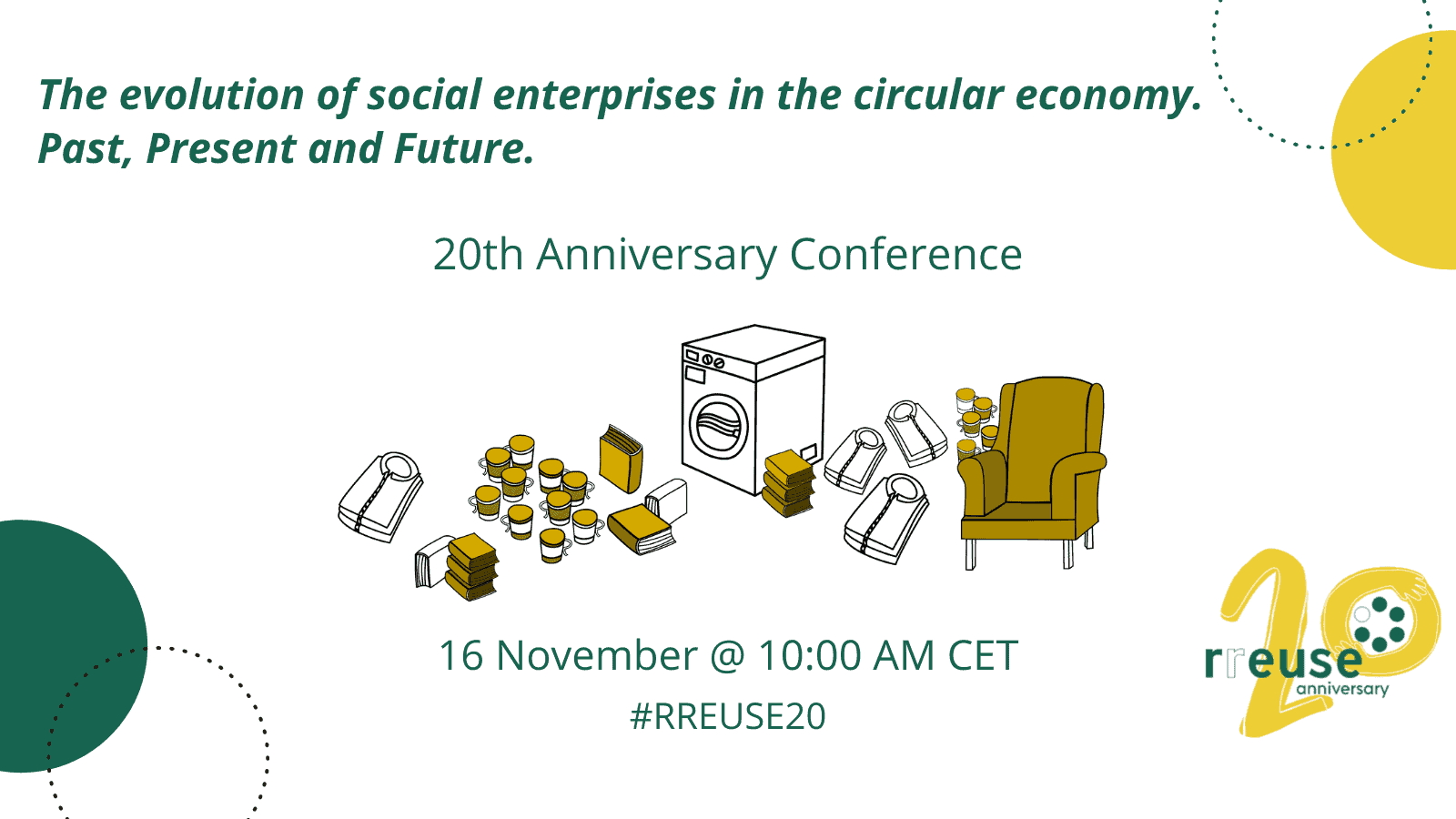Over 50 attendees participated in the Reuse and Repair Participatory Lab to discuss reuse and repair initiatives and good practices from all over Europe as well as their impact on circular and social economy. This online interactive activity was organised on October 13, 2020 by the Interreg Europe Policy Learning Platform within the framework of the 18th European Week of Regions and Cities.
The discussion mainly revolved around the three major topics: reuse and repair centres, social integration and social economy as well as digital tools for reuse and repair.
In her input, Jana Zurkova from the SUBTRACT partner Rreuse spoke about the potential for job creation of reuse sector. She also emphasised the role of regional governments in the process of supporting reuse activities on the local level.
“We need a systemic support for reuse activities on local level and really embed it in the way how we manage resources locally. That means, on the one hand, policy, including reuse activities, waste management plans and waste prevention plans, local regulations, but also practical support through contracts, through giving space to reuse activities, through giving access to reusable goods”, says Zurkova.
“Public procurement is absolutely key to our members. By that I mean including social criteria in public tenders, for example for waste collection and waste management. Public authorities can help double return on investment and get social benefits out of handling waste”, she added.
In the three breakout sessions a series of good practices in reuse and repair as well as waste prevention sector from all over Europe has been presented and discussed.
Johanna Cory from the SUBTRACT partner Vakin presented “Reuse shop and textile services as a part of the Umeå Labour Market programme”. As shown by the Vakin Reuse shop & seweing service, reuse and repair are labour-intensive and provide a suitable platform for labour market programme which give economic stability to reuse business models, that thrive if public sector improvements are made. Public-private partnerships need to be formed, so that the public sector can assign specific tasks to reuse centres as social enterprises, providing revenue streams for sustaining their activities. Social criteria should be included in public tendering with the view to give recognition to reuse centres for creating positive social and environmental impacts through their services.
Digital tools in favor of reuse have received until now too little attention in SUBTRACT. Obviously they are not a goal in themselves but a way for creating new on-line and physical marketplaces which make supply meet demand of valuable items that would otherwise go to waste. For instance, in Finland RESQ Club deals with prevention of food waste in restaurants, aiming at achieving zero waste across the entire food chain – from crop to fork. RESQClub is an online marketplace for food - an App where restaurant and grocery stores can submit their surplus food and customers get fresh, discounted food for around 50% of the original price. After a successful launch in their home country Finland, RESQClub expanded their activities to Sweden, Germany and Poland.
Another successful example of a reuse App that has been developed by Gijon-based (Spain) waste collection company EMULSA, the EMULSA Reuse Space and App. Back in 2018, EMULSA integrated the reuse App into an already existing city App. The reuse items are stored in a facility set up at EMULSA premises. Reusable goods collected by EMULSA are uploaded onto the App and registered users can reserve them. With 1500 active users, around 1600 items have been exchanged so far.
These two good practices show the potential of creating new market opportunities through digital tools. The convenience factor, i.e. a possibility to reserve items online, seems to play an important role here. Regional governments could play a pivotal role in supporting such initiatives. In turn, digital tools for reuse could help local governments to fulfil EU circular economy targets.
The participatory lab offered a great opportunity to learn about successful initiatives in reuse sector and exchange with peers. The plenary part of this online activity has been recorded and can be watched here.
For more information on this virtual session and reuse initiatives and projects visit the website.
